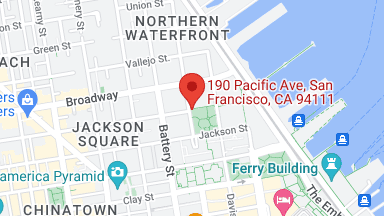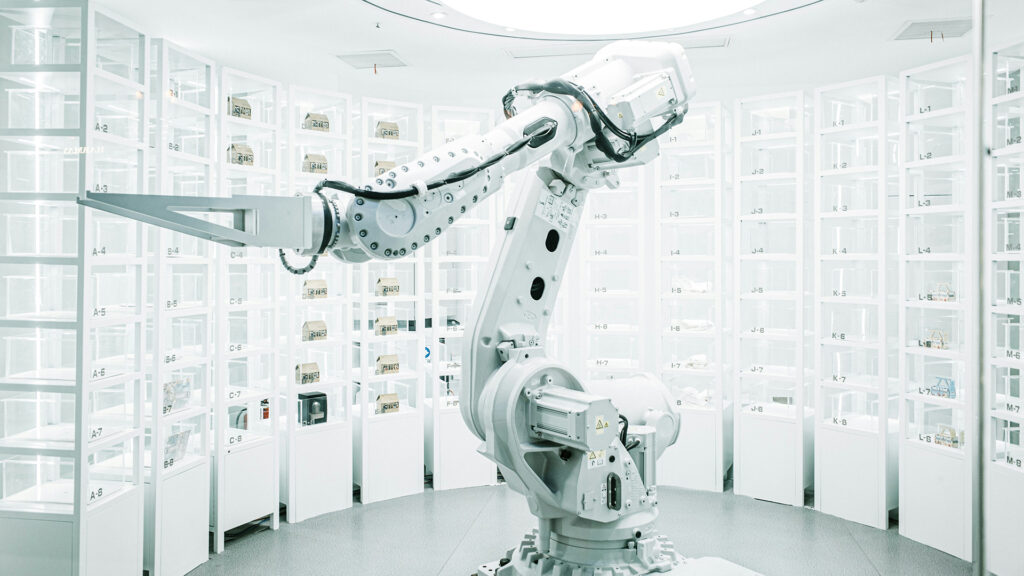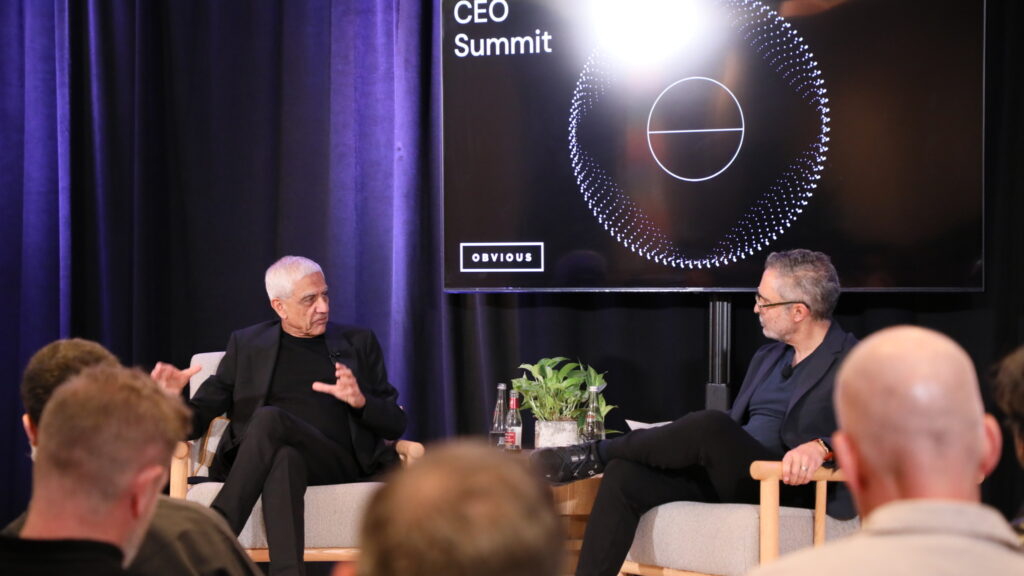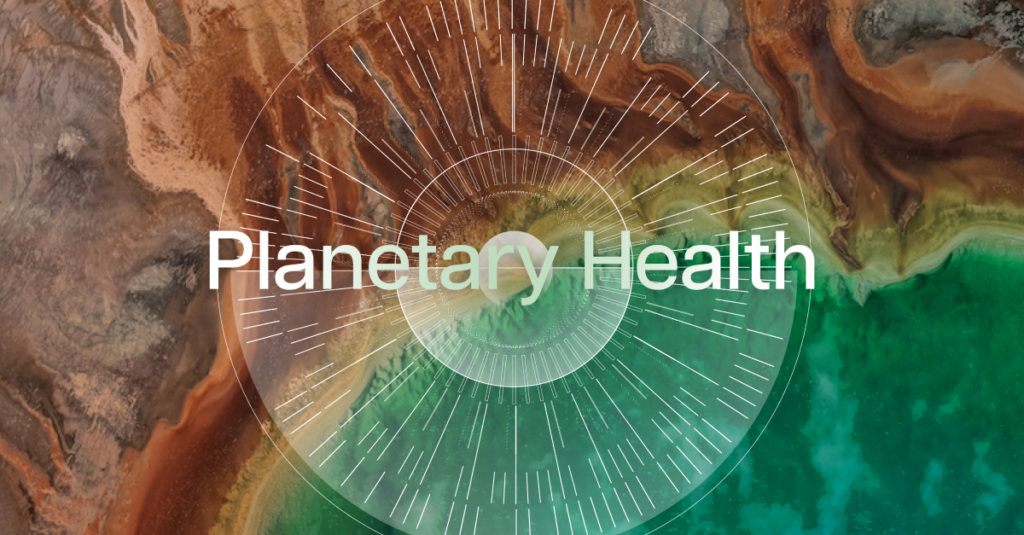Maria Fujihara Decarbonizes the World
SINAI Technology’s Founder & CEO on getting fired in Brazil, hiring herself in the Bay Area, and the climate tech revolution ahead
Obvious |
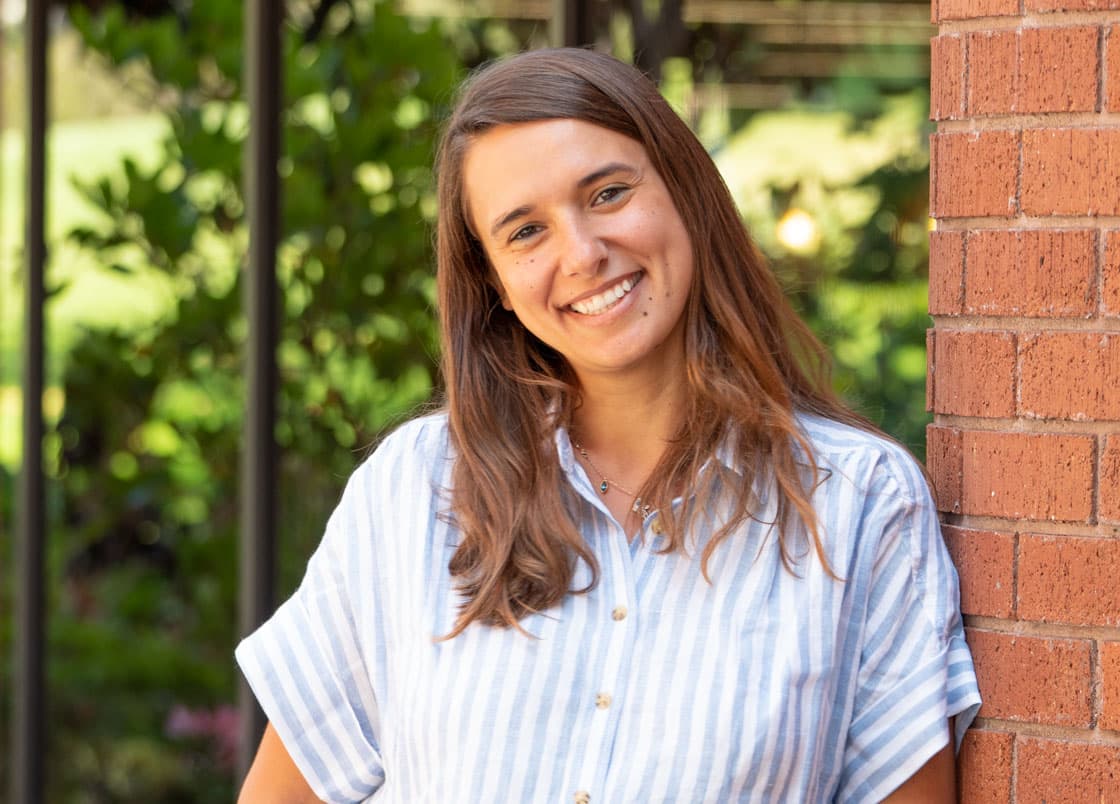
It was January 2018 when Maria Fujihara, completely broke and in need of airfare back to Brazil from the Bay Area, called her parents as a last resort. She had to leave the U.S. or apply for a new visa, and was opting for the former — ultimately calling it quits after a brief, rocky stint as an entrepreneur.
Fate had other plans.
Her parents said no to the plane ticket, instead offering to cover the visa application costs. Maria took them up on it, driven by her signature, magnetic optimism.
“I filed to start the company. I was the owner, signing for myself to get the visa. It worked — two months later, my O1 was approved. I was the only person at the company, hiring myself!”
It turns out Maria had been building toward this moment for her entire life.
Decarbonization in the blood
Born in the countryside outside São Paulo and raised in the city, Maria’s parents were deep in climate tech before the category had a name. While her mother’s career focused on environmental regulation, her father pioneered carbon trading in Brazil in the 1980’s as head of IBAMA (Brazilian Institute of Environment and Renewable Natural Resources)—so early few understood carbon markets, including Maria herself.
“I remember thinking that he used to work for the mafia or something because I had no idea what carbon markets were back then. It was really the beginning.”
Influenced by her parents’ environmental affinities, Maria pursued an undergraduate degree in sustainable architecture. Her big picture curiosity regarding the environmental impact of those structures — materials, production, and its energy efficiencies — was the driving force.
Shortly after school Maria joined the Green Building Council’s (“GBCB”) expansion in Brazil, helping the organization adapt its LEED certification process to homes in the Brazilian market. Known for certifying buildings’ environmental impact through the build process and ongoing energy efficiency, LEED left something to be desired for her: accountability, emissions, and a broader city-level picture of environmental impact. So while continuing to work for GBCB Maria went back for her Master’s at the University of São Paulo, seeking a deeper understanding of what it meant to build sustainable cities.
“In 2016 I developed a method for carbon accounting at the city-level, comparing three Brazilian cities by collecting public data on waste generation, electricity consumption, and fuel consumption. I adapted [existing Carbon Disclosure Project] corporate-level protocol to the city-level, and created a new methodology for the cities.”
Having wrapped up her Master’s thesis and delivered a final LEED home certification process for GBCB, Maria was on a roll. Three days before Christmas, without warning or a clear reason, she was fired from GBCB.
“It was the best thing that could have happened to me. I bought a ticket to come to the U.S.— San Diego, I didn’t know why, but I needed to go to California. And then within one month, I closed my whole life in Brazil. Once I did this, the energy started shifting towards where I wanted to be.”
The early days: “It was me, and me.”
After moving stateside, Maria was accepted into Singularity University’s Global Solutions Program, with half her cohort dedicated to climate change technology. “It blew my mind to see all these different technologies in one place. It was incredible,” she reflected. The gap in the market (and the opportunity) made itself apparent early in the program — bundling carbon accounting and offsets — and the first idea for SINAI was born. Software was her wedge, given its scalability and linguistic adaptability. And her first company out of Singularity, named Urban Intelligence, set out with the goal of helping municipalities implement sustainable infrastructure projects.
Alas, there was a “but…”
“Right at the beginning I realized how hard it is to sell to cities, and my co-founder and I broke up.”
It was then, on the precipice of bouncing back to Brazil, when her parents refused to fund the plane ticket home and backed her visa application instead. She took the raw concept of bundling carbon accounting and offsets, applied it to corporate customers instead, and SINAI became a reality. With her O1 visa approved two months later, SINAI was official.
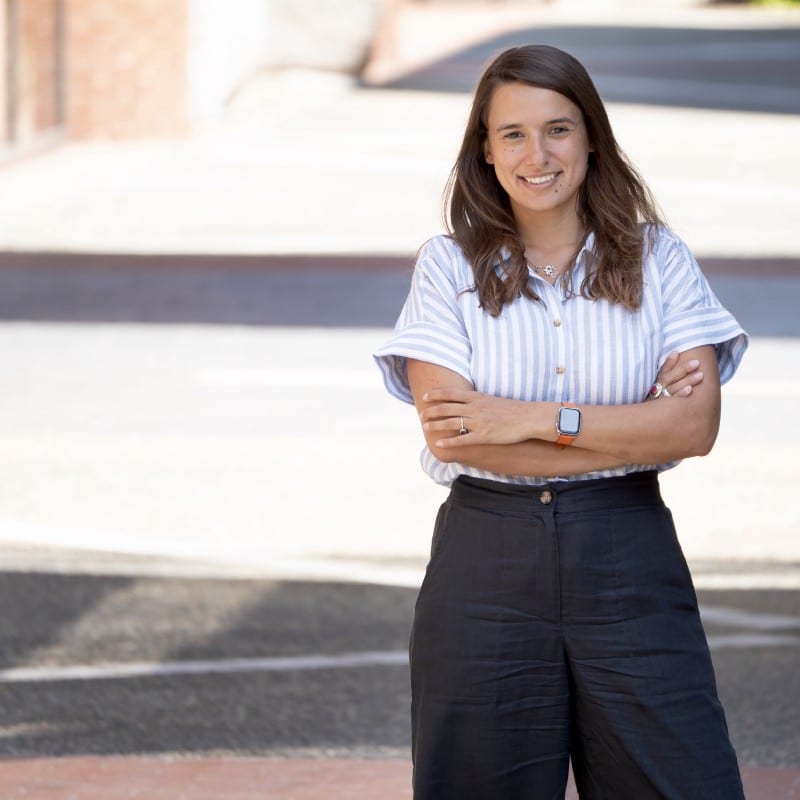
But she was alone. Spending 24/7 in a co-living space in San Francisco — most days working in a bedroom with no windows — the early days weren’t exactly a walk in the park. Help, thankfully, was on the way.
“I had one person helping me since the beginning, who was in Spain. He really believed in me — I don’t know why, but he did. That was Travis. He came to the U.S. in February to help me because I was literally alone — it was me, and me.”
By August 2018 she had solidified an offering for corporate buyers: software to measure, analyze, price and reduce carbon emissions. After dozens of conversations, she began engaging with the world’s largest steel manufacturer, ArcelorMittal. They said yes, and were SINAI’s first customer.
There was only one problem: she had yet to build the platform.
“Holy shit, how am I going to do this?”
With a $40,000 contract and the company future on the line, Maria had to conceptualize and construct V0.1 of SINAI.
“I was like ‘Holy shit, how am I going to do this?’ And then the fun began!”
Through co-working space colleagues Maria was introduced to product manager Olena Klivtsova. Olena, who “helped pull together SINAI’s first wireframes,” agreed to defer a salary and take all equity — a pattern that continued with other early SINAI employees, rooted in their belief in Maria and the mission.
“Olena really translated all my ideas into a software, into a system how this would look, because it was the first time I was building software. I had no idea how to do that.”
With a team of Brazilian software developers, they were well on their way.
For Maria, though, something was missing that had been from the beginning: a true co-founder, a business partner that understood product and more. She also happened to be in search of a CTO, and was introduced to early Uber engineer Alain Rodriguez, who appeared “like an angel.” Alain joined as co-founder and CTO in April 2019, not only deferring salary but investing in the company as well.
The team locked in their second enterprise customer in BRK (followed by their third in Siemens), and it was soon time to fundraise — but a time-consuming process was something Maria hoped to avoid. Believing an accelerator credential would help shortcut fundraising, all their applications were rejected, with one exception: Y Combinator. “Their mindset and the focus on sales, it was needed for both me and Alain to go through it as a team. YC messed up our cap table, but they were great,” she says with a laugh.
After YC she closed SINAI’s Pre-Seed (and more thereafter) with “amazing investors” like Gaurav Jain, Tommy Leep, and Jason Jacobs — and could “finally breathe.” Those investors introduced her to Andrew Beebe at Obvious, and the not-so-easily impressed Fujihara was “actually impressed”:
“Andrew was already researching this space. He was literally the only person that I talked to that I was actually impressed by the questions he was asking. A lot of other investors just were asking me generic questions, not about the space itself.”
Climate Alignment, Personally & Professionally
With SINAI’s client base growing every week, Fujihara is beginning to feel the tension between the explicit goals of SINAI and her personal life choices.
“I do everything I can in my personal life to reduce my personal impact. I’m a vegan. I have an electric bike and bike to work. I don’t think I’m ever going to buy a car again. I try to align my actions with my speech.”
Her philosophies translate well into SINAI’s business, especially as they look to tackle the hardest challenges within the highest emission industries. She continues:
“We have an OKR related to managing a percentage of the world’s greenhouse gases, which is aligned to our mission — going after the dirtiest industries like oil, gas, and those in the animal space — and really figuring out solutions to the biggest problems. [That means] our customers are some of the dirtiest companies in the world. They need to be my customers and I do want to help them.”
And that she is.
SINAI’s customer base now includes Bayer, JBS, VLI, CSN, and many more, encompassing a wide range of sectors: agriculture, industrial materials, meat production, steel, rail, shipping, energy, commodities, mining, and finance. As the number of customers and sectors continues to grow, their emissions are measurably shrinking.
That’s good news for us all.
